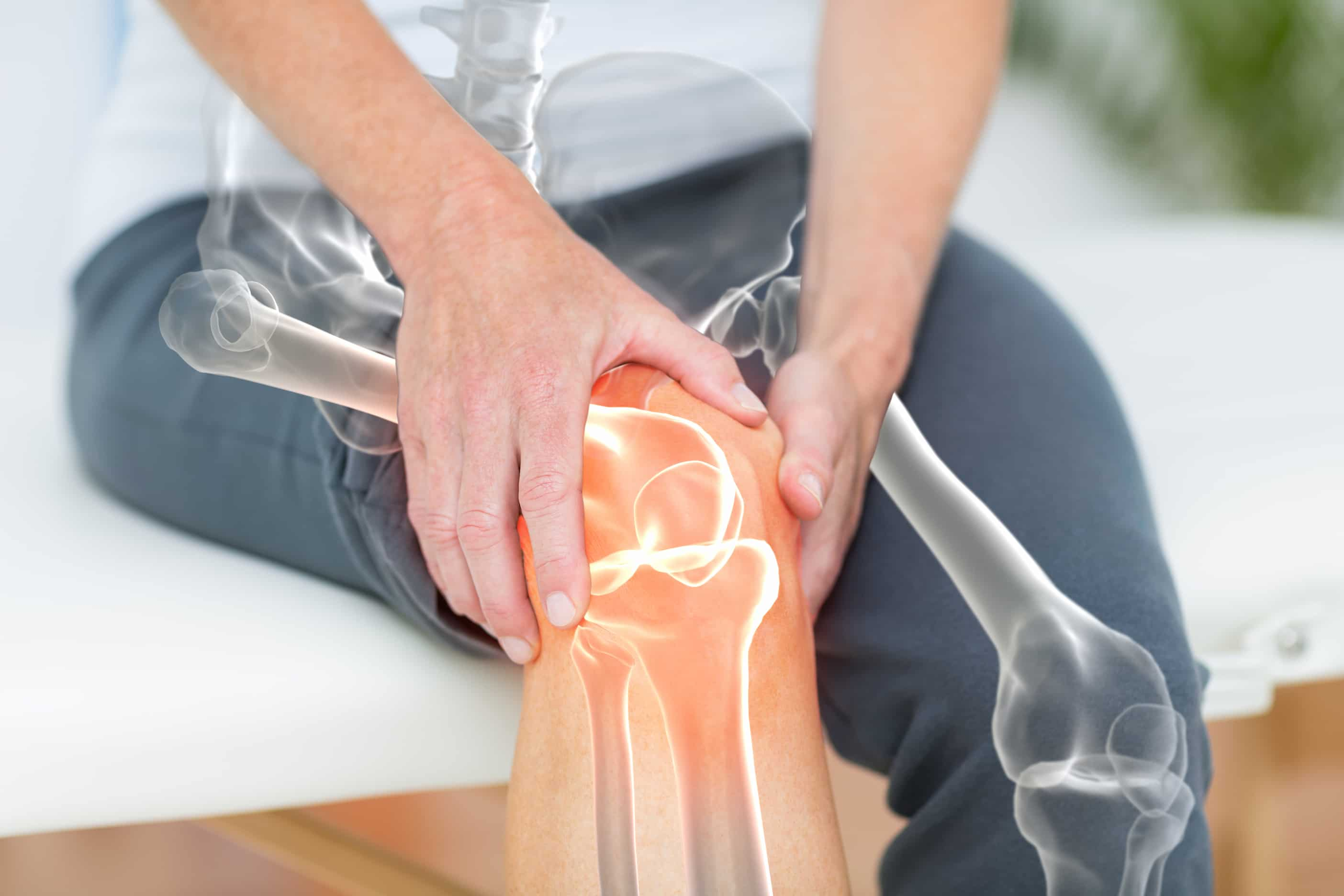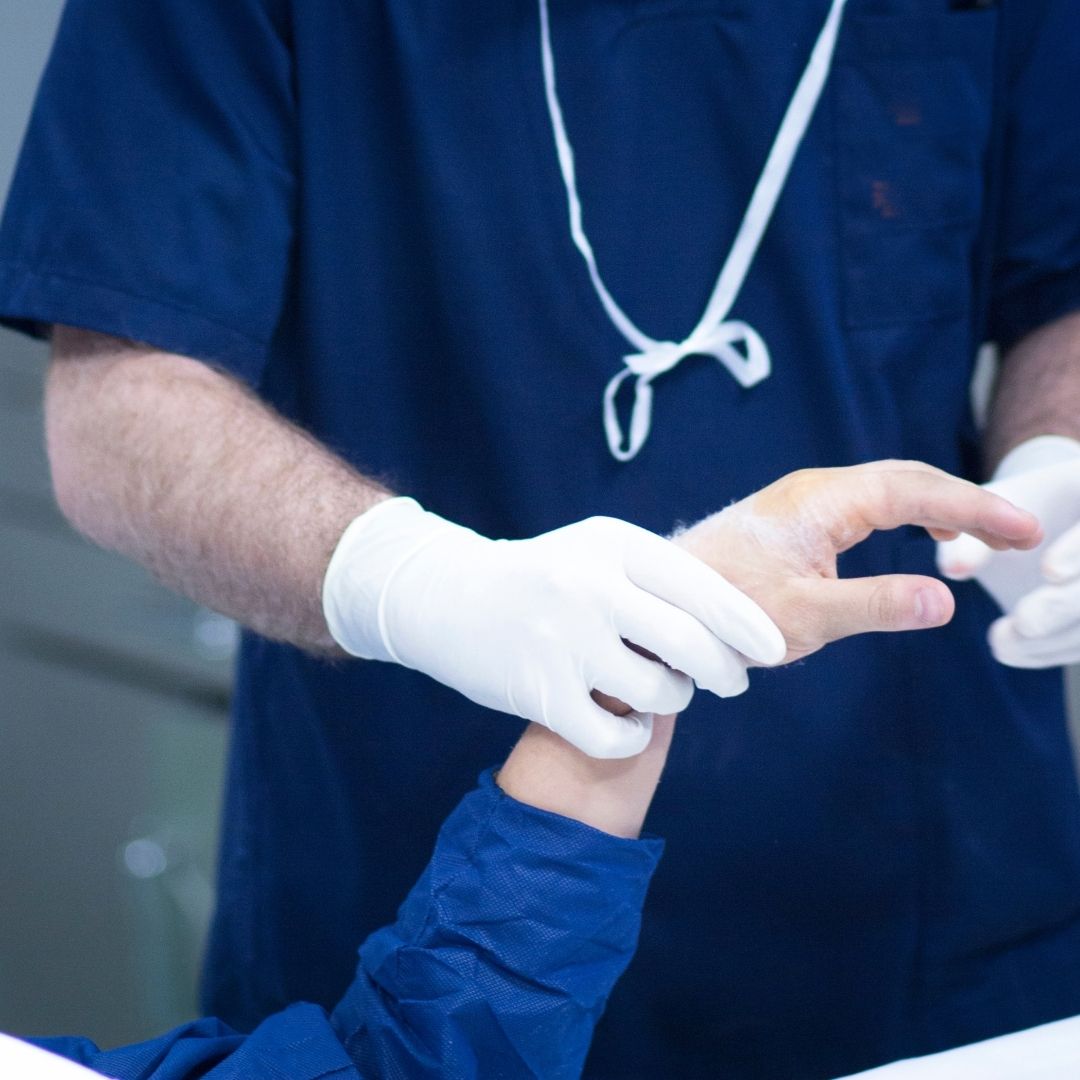
Speedy and Successful Shoulder Surgery Recovery
Shoulder surgery is a major procedure that can be necessary to alleviate pain, correct injury, or improve mobility. It can be a daunting experience, but with the right mindset and a plan in place, the recovery process can be smoother and more successful. In this article, we will discuss the average recovery time for shoulder surgery, the duration of bed rest, the fastest way to recover, the do’s and don’ts after surgery, whether you can go for walks, and the best position to sleep in after surgery.
What Is Shoulder Surgery?
Shoulder surgery is a medical procedure performed to treat a wide range of conditions affecting the shoulder joint. The shoulder is a complex joint, and it can be susceptible to injury and damage due to overuse, aging, or traumatic injury. Common types of shoulder surgery include rotator cuff repair, labrum repair, and shoulder replacement.
Rotator cuff repair is a common type of shoulder surgery that is performed to treat a tear in the rotator cuff, a group of muscles and tendons that help to stabilize the shoulder joint. The surgery involves reattaching the torn tendon to the bone, and it may be performed using arthroscopic or open surgery techniques. Labrum repair is another type of shoulder surgery that is performed to treat a tear in the labrum, a ring of cartilage that surrounds the shoulder joint. The surgery involves repairing the torn labrum using sutures or anchors, and it may also be performed using arthroscopic or open surgery techniques. Shoulder replacement is a type of surgery that is performed to replace a damaged or diseased shoulder joint with an artificial joint. This surgery may be recommended for individuals with severe arthritis or other conditions that have not responded to other treatments.
Shoulder Surgery Recovery Time
Recovery time after shoulder surgery varies depending on the type of surgery performed and the patient’s overall health. On average, patients can expect to be in recovery for several months. However, the complete recovery time may take up to a year.
The first few days after surgery can be the most painful. Pain medication can help alleviate this discomfort. Patients may also experience swelling and stiffness, which can last for several weeks. Physical therapy is an important part of the recovery process and can help patients regain mobility and strength.

Duration of Bed Rest After Shoulder Surgery
Bed rest is an essential part of the recovery process after shoulder surgery. It is important to allow the body to heal and avoid putting undue stress on the shoulder joint. Depending on the type of surgery, patients may need to rest for several days to several weeks.
It is important to follow the doctor’s instructions regarding bed rest. Patients should avoid lifting anything heavy and try to keep their arm in a sling or brace as directed. The goal is to avoid putting any weight or pressure on the affected shoulder.
The Fastest Way to Recover from Shoulder Surgery
Recovering from shoulder surgery can be a slow and challenging process. However, there are several steps patients can take to speed up the recovery process:
Follow the doctor’s instructions: It is important to follow the doctor’s instructions regarding medication, rest, and physical therapy. This can help prevent complications and promote healing.
Attend physical therapy sessions: Physical therapy is an important part of the recovery process. Patients should attend all sessions and perform the exercises as directed. This can help improve mobility and strength in the shoulder joint.
Practice good nutrition: Good nutrition can help the body heal faster. Patients should eat a healthy diet rich in protein, vitamins, and minerals.
Get plenty of rest: Getting enough rest is important for the body to heal. Patients should try to get at least 8 hours of sleep each night and avoid overexerting themselves.
Stay positive: Recovery can be a challenging process, but it is important to stay positive and focus on the progress being made. Positive thinking can help reduce stress and promote healing.
Do’s and Don’ts After Shoulder Surgery
After shoulder surgery, patients should follow some simple guidelines to help promote healing and prevent complications:
Do:
Attend all physical therapy sessions
Take medication as directed
Rest as needed
Follow the doctor’s instructions regarding lifting and mobility
Eat a healthy diet
Don’t:
Lift anything heavy
Put weight or pressure on the affected shoulder
Neglect physical therapy
Finally, you should not skip medication.
Can I Go for Walks After Shoulder Surgery?
Walking is a low-impact exercise that can be beneficial for patients recovering from shoulder surgery. However, it is important to follow the doctor’s instructions regarding exercise and mobility.
Patients may be encouraged to start walking short distances after surgery. As the recovery progresses, the distance and intensity of walks can be gradually increased. Walking can help improve circulation, prevent blood clots, and promote healing. However, patients should avoid any activities that put pressure on the affected shoulder or cause pain. It is important to listen to your body and stop any exercise that causes discomfort. Patients should also avoid any activities that could cause a fall or other injury.
Best Position to Sleep After Shoulder Surgery
Finding a comfortable sleeping position can be challenging after shoulder surgery. Patients should avoid sleeping on the affected shoulder, as this can cause pain and discomfort. The best sleeping position is on the back with the head elevated slightly.
Patients can use pillows to support the head, neck, and arm. A wedge pillow or body pillow can help provide support and prevent rolling onto the affected shoulder. Patients can also use a sling or brace as directed by the doctor.
Pain After Shoulder Surgery
Pain after shoulder surgery is normal and expected. Pain medication can help alleviate discomfort and make the recovery process more manageable. Patients should take pain medication as directed by the doctor and report any excessive pain or discomfort.
It is important to balance pain management with mobility. Patients should not rely on pain medication to the point of avoiding physical therapy or other exercises. It is important to maintain mobility and gradually increase the intensity of exercise as the recovery progresses.
The Study of Shoulder Surgery Recovery
According to a study published in the Journal of Orthopedic Surgery and Rehabilitation, which analyzed the recovery process of 200 patients who underwent rotator cuff surgery, it was found that adherence to physical therapy and following doctor’s instructions significantly contributed to faster and more successful recovery. The study reported that patients who diligently attended physical therapy sessions and maintained prescribed rest and mobility restrictions had a 30% shorter recovery period compared to those who did not. This underlines the importance of following medical guidance for optimal recovery after shoulder surgery.
Rotator Cuff Surgery Recovery
Rotator cuff surgery is a common type of shoulder surgery. Recovery time can vary depending on the severity of the injury and the type of surgery performed. Patients can expect to be in recovery for several months, with physical therapy playing a crucial role in the recovery process.
The do’s and don’ts after rotator cuff surgery are similar to those for other types of shoulder surgery. Patients should follow the doctor’s instructions regarding rest, mobility, and exercise. They should attend all physical therapy sessions and avoid lifting anything heavy or putting pressure on the affected shoulder.
Healthy Türkiye Notes
Recovering from shoulder surgery can be a challenging process. However, by following the doctor’s instructions, attending physical therapy, eating a healthy diet, and getting plenty of rest, patients can speed up the recovery process and increase the chances of a successful recovery. It is important to be patient and take things one step at a time, focusing on progress and staying positive. With the right mindset and a plan in place, the road to recovery can be smoother and more successful.




